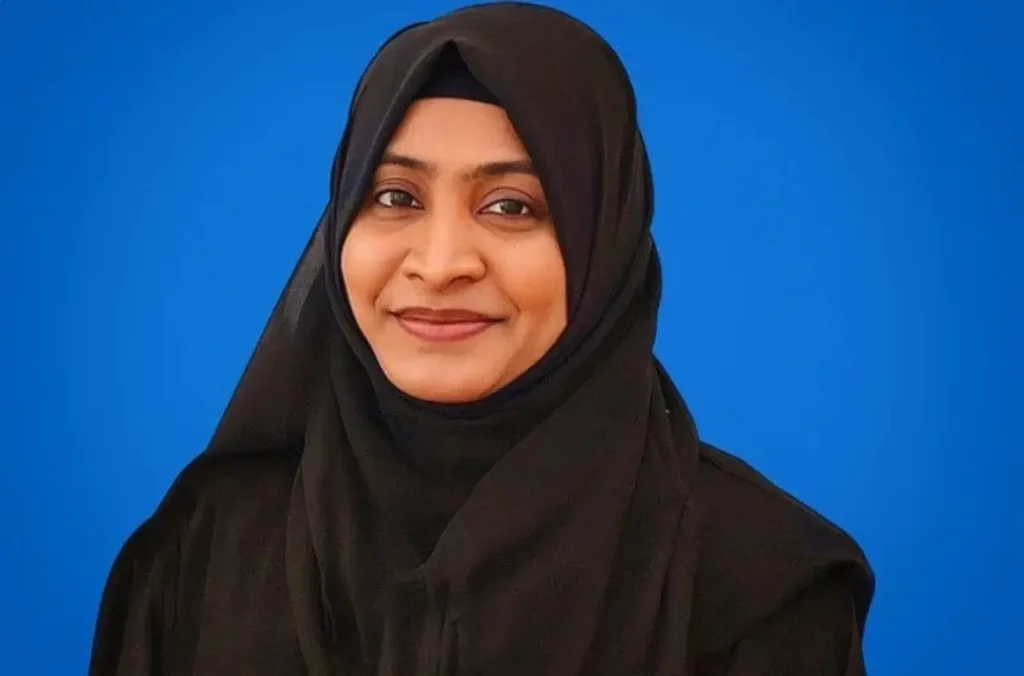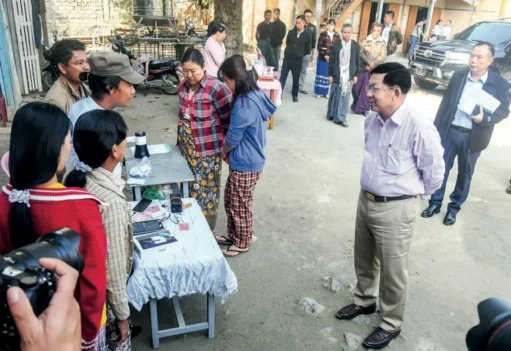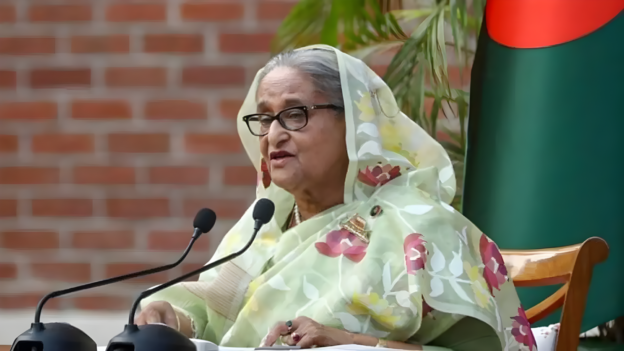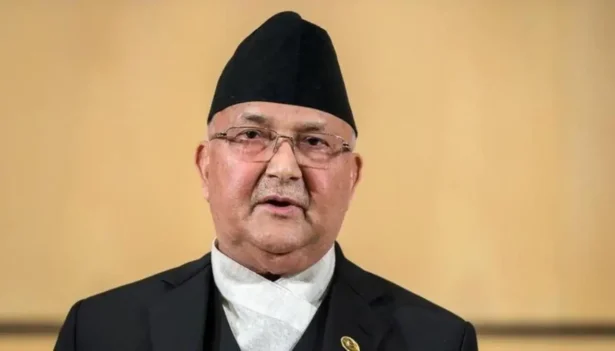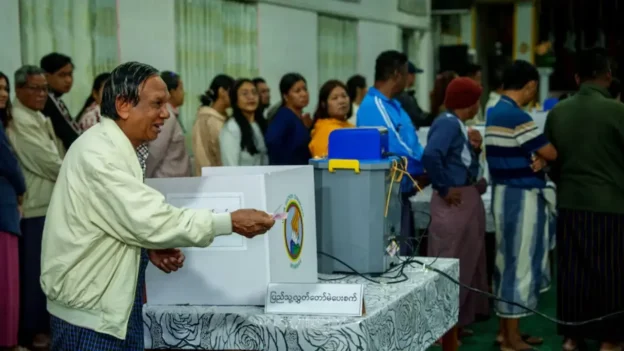In the verdant heart of Assam, between rolling tea gardens and the rhythmic flow of the Brahmaputra, a vibrant voice has risen—one that speaks not only through airwaves but also through the hearts and hopes of her community. Nazma Sultana, a Radio Jockey and social communicator, embodies this resonance. Her journey is one of overcoming boundaries, amplifying marginalized voices, and creating meaningful social change—an inspiring testament to passion and purpose.
Nazma’s story began in a modest Assamese household, where the dialects of her surroundings—the lyrical Assamese, the intricate Bangla, and the universal Hindi—shaped her sensibilities. Growing up, she was drawn to the power of words. Stories shared around dinner tables, folk tales narrated under kerosene lamps, and radio voices delivering news from distant cities lit a spark in her young mind: she wanted her voice to matter.
Stepping onto the airwaves
Breaking into radio in Assam—much like elsewhere—was no frictionless journey. Beyond gendered expectations, the media landscape often prioritized commercial narratives over community-driven ones. But Nazma was determined. With no formal training but armed with empathy, she began at a small community station. Here, she discovered radio’s transformative power. Her soft-spoken commentary, candid interviews, and sincerity soon cultivated trust among listeners.
Her empathy-driven shows became her signature. She hosted Manoranjan Monsoon (Monsoon of Joy), a cultural program celebrating Assamese music, and Sondhiya Shweta (Evening’s White Calm), which spotlighted local heroes—schoolteachers, farmers, healthcare workers—sharing their lived experiences. These programs weren’t only entertaining; they became bridges between the “forgotten” and the “listening.”
Social communication: beyond entertainment
For Nazma, radio was never just about music—it was a lifeline for her community. During floods and other disruptions in rural Assam, her broadcasts provided essential updates on relief camps, food distribution, and safety measures, often in direct coordination with local authorities and NGOs.
One particularly devastating year, when the Brahmaputra surged and villages were marooned, Nazma launched a dharma-bhav segment—airing religious tunes and messages of solace for displaced families, offering not just information but also comfort. The initiative drew wide praise, blending practical aid with emotional support.
She also championed women’s empowerment. Through her weekly segment Nari Jyoti (Women’s Light), she invited women from diverse backgrounds—artisans, educators, mothers, entrepreneurs—to share their stories and struggles. These conversations challenged stereotypes, inspired others, and transformed an ordinary radio booth into a platform for liberation.
Challenges and resilience
Nazma’s rise was not without obstacles. Limited funding for community radio meant most shows had to be broadcast live, leaving no room for error. Technical equipment was outdated. Yet her resourcefulness turned constraints into strengths: she improvised studio acoustics with curtains, recruited local volunteers for editing, and secured sponsorships from small businesses eager to support social causes.
Being a woman in regional media also carried social pressures. Long studio hours sparked criticism in conservative circles, and balancing family responsibilities tested her resolve. But bolstered by community support and driven by conviction, she persevered—each hurdle shaping her into a more resilient and authentic communicator.
Ripples of change
Nazma’s impact rippled far beyond her broadcasts. Countless women, emboldened by her Nari Jyoti platform, launched local ventures—from weaving cooperatives to tutoring centers. Communities responded more actively to disaster preparedness after her radio appeals proved crucial during floods. Her station itself became a model for other regional broadcasters, showcasing how empathetic, socially rooted programming could blend with entertainment to serve the public good.
A Beacon for aspirants
Nazma’s journey is proof that success is not defined by glamour or grandeur, but by relevance, integrity, and human touch. She often mentors aspiring broadcasters, reminding them: “Your voice doesn’t need to echo in skyscrapers; it needs to resonate in hearts.”
More than just an RJ, Nazma Sultana is Assam’s social communicator—stitching local flavours, dreams, and struggles into a tapestry of broadcast storytelling. In her hands, radio becomes more than sound; it becomes solace, solidarity, and a song of progress.
Her story is a reminder that when passion meets purpose, even a single voice from a remote corner can light up countless lives.

